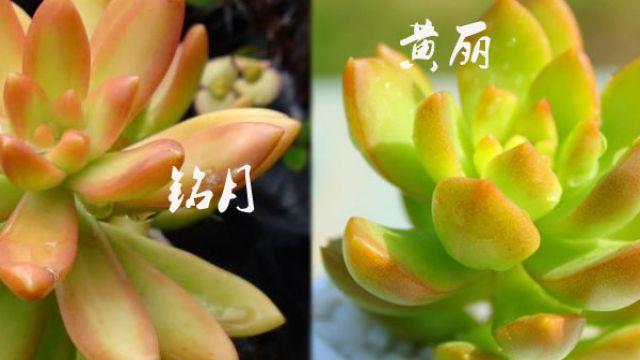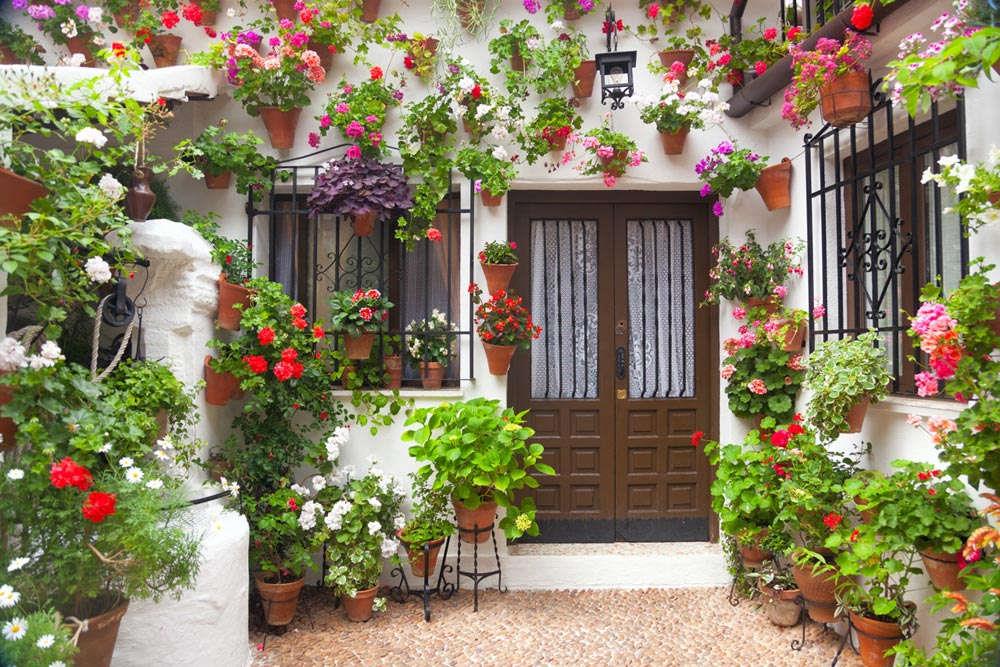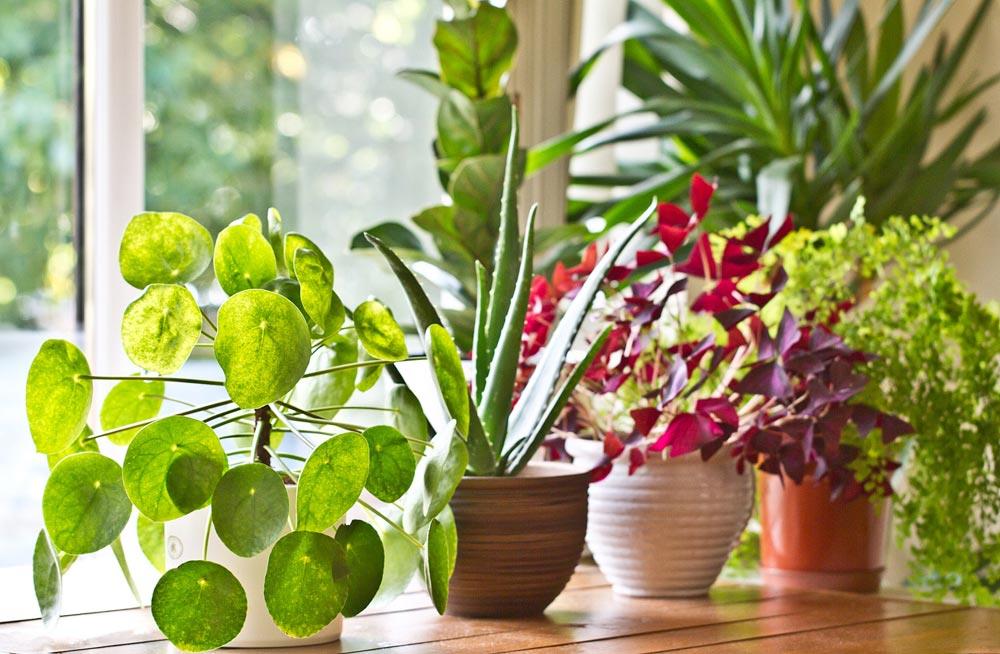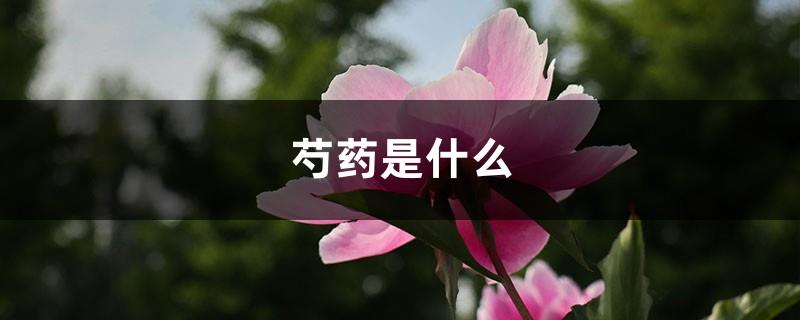How to distinguish Huang Li and Mingyue
Last Update :2024.11.05
Article Catalog
Difference 1: Look at the thickness
Difference 2: Look at the color
Difference 3: Look at the leaf tips
There are three main differences between Huangli and Mingyue: one is the difference in thickness, the leaves of Mingyue are more slender, while the leaves of Huangli are shorter, rounder and thicker; the other is the different colors. The color of Mingyue is more golden, while the color of Huangli is more yellowish. Green and yellow; the third one is the difference in leaf tips. Mingyue leaf edges have a slight red edge, and Huangli leaf tips have a slight blush.

Difference 1: Look at the thickness
Difference 1: Look at the thickness

The leaves of Mingyue are thicker The leaves are slender, while Huangli's leaves are shorter, rounder and thicker. Of course, this is normal. If Huangli is too long, the leaves will be narrower and longer.
Difference 2: Look at the color

The color of Mingyue is more golden and will have different performances. In an environment with sufficient sunlight, the edge of the leaves or the whole plant will be golden to orange. In an environment with strong sunlight, the whole plant will be orange or orange-red. In an environment with insufficient sunlight, the leaves will be green. And the distance between leaves is elongated.
The color of Huangli is bluish-yellow, and it will appear jelly color when exposed to sufficient sunlight. When the sunlight is insufficient, the leaves turn light green and become leggy.
Difference 3: Look at the leaf tips

There is a slight red edge on the edge of the leaves of Mingyue, and there is a slight blush on the tips of Huangli leaves.
Difference 2: Look at the color
Difference 3: Look at the leaf tips
- END -
What is peony

Root: Peony is a perennial herb. Its root consists of a root neck, a tuberous root...
How to grow honey locust and what you need to pay attention to

Soil: Honey locust is excellent for cultivation and has no requirements for soil. ...